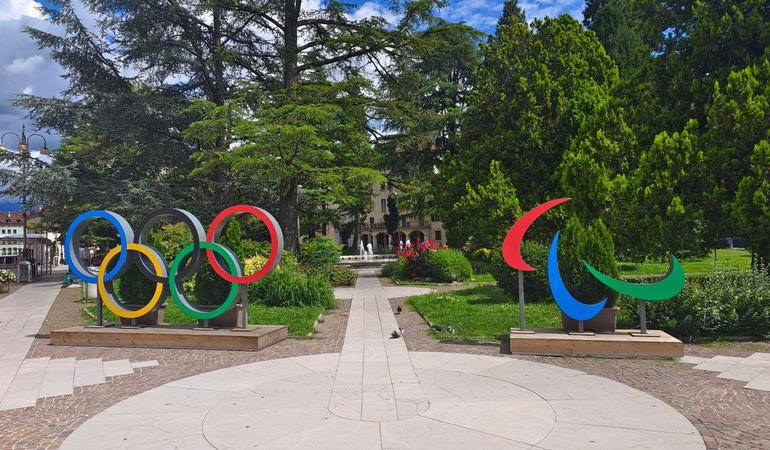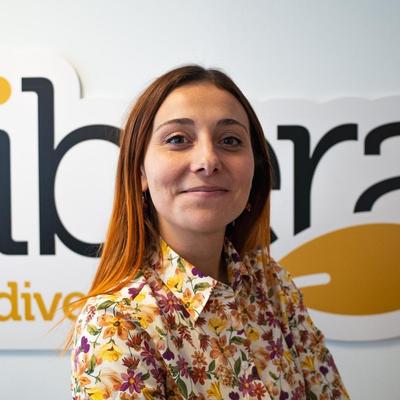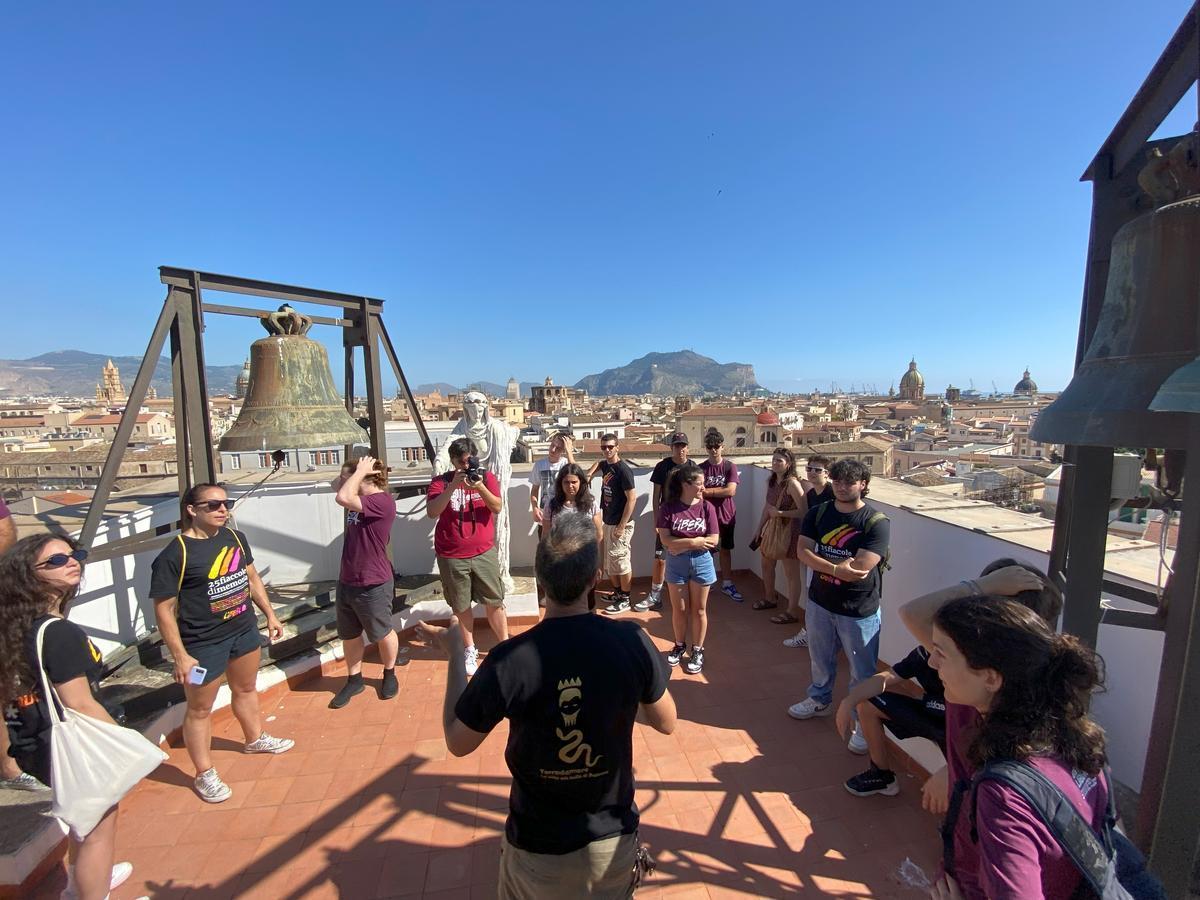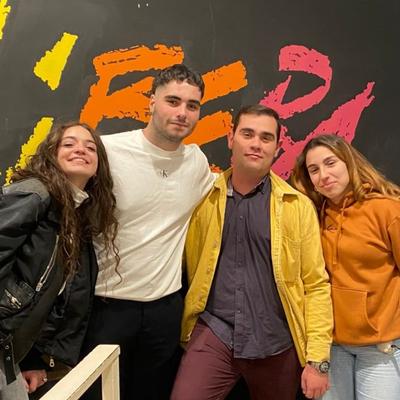
Milano-Cortina. Ecco come verranno spesi i 450 milioni di euro delle paralimpiadi



1 marzo 2025
written by Valentina Bruno, Nicole Contorno e Nino Morana
Palermo is a bustling, large, multicultural city, full of art, neighbourhoods, streets, smells, noises, people, voices, stories. We are a living nonsense and we write it on every wall, we shout it from the rooftops: Panormus conca aurea suos devorat alienos nutrit, 'Palermo conca d'oro devours its own and feeds foreigners'. We Palermitans criticise it, we complain, but if someone who does not know what it means to live here dares to say a single negative word, we defend it as we would never do for any other place.
Those who do not know it as well as we do always associate its name with some of the most tragic moments in the country's history: massacres, bombs, mafia wars, hundreds of innocent people killed on our streets. Unfortunately, these terrible and painful years are also part of the city and have been remembered from generation to generation until now. Palermitan students and activists, in addition to their genetic heritage, have inherited these pieces of history from their families and we feel them as close as if we had seen them with our own eyes. We did not choose where to be born, what era to live in, what stories would be handed down to us. And we did not choose to grow up in a country where the Mafia still exists. But we can choose what to do with all this, whether to turn away or to stand in the way.
The Italian supreme court gives broader benefits to the families of innocent victims of mafias
21 March, in Italy, it’s the yearly recurrence of the Day of remembrance and commitment in memory of the innocent victims of the mafias. On this day, our choice becomes collective. This year we will be in Trapani, a city that bears the weight of too many silences and too many uncomfortable truths. We will be there to say that we do not want to pretend nothing is happening and that our island is always moved by people who want to speak, tell, remember and act to ensure that citizens do not forget what has been. For those who have never experienced it, 21 March may seem like one of many days of commemoration. A procession, speeches, names read out at the microphone. But if you have been there at least once, you know that it is different. You know that when those names are spoken, they are not just words. They are people that someone wanted to erase, and it is precisely when we say them out loud that we bring them back to us. Those names do not belong to us, but they concern us. Because each of those broken lives had chosen, in different ways, not to keep quiet, not to accept a world in which the strongest, the most violent, the most corrupt rule. Remembering them is not nostalgia. It is responsibility. That is why on that day we read all the names of the innocent victims of the mafias. One by one. Men and women, magistrates, policemen, journalists, activists, but also children, young people, people who had nothing to do with it and were in the wrong place at the wrong time.
From crime to community: the social reuse of confiscated assets in Italy, Spain and Romania
We are 'just' students, daughters and sons of this land and we demonstrated and shouted at the top of our lungs in the streets all over the country, walking side by side with other peers from all over Italy. We have the desire for redemption and rebellion that our parents had thirty years ago, but our voices are often belittled, not heard or even ridiculed. We often ask ourselves what else we can do, in addition to all that we try to do every day, and perhaps 21 March is a megaphone that gives us more credibility, even though we already have it, in the eyes of the whole country.
So we read about Nino Agostino and Ida Castelluccio, a policeman and his wife, killed while they were expecting a child. He was investigating pieces of the State that were not only talking to the Mafia, but dealing with it. We read about Lia Pipitone, 25 years old, murdered because she wanted to be free, because she did not accept the role imposed on her by her father, the Arenella boss. We read about Giuseppe Di Matteo, kidnapped at the age of 12, held captive for 779 days and then dissolved in acid to punish his father, a collaborator of justice. We read them because the Mafia would like no one to remember them. We read them because our voices are theirs. The more we do it, the more we realise that we are the only counterweight that can turn the situation around for real. What has been done cannot be undone but it can be changed, it is what Palermo and Sicily know how to do best.
We are girls and boys with normal lives, with school, university, work, friends, fun, but also with a great desire to know our own history. And that is what keeps us here. Not the desire to be better than others, not the need to feel right. But the knowledge that this battle concerns us, and that we have chosen sides.
This article was translated by Kompreno with the support of DeepL.
La tua donazione ci servirà a mantenere il sito accessibile a tutti
La tua donazione ci servirà a mantenere il sito accessibile a tutti